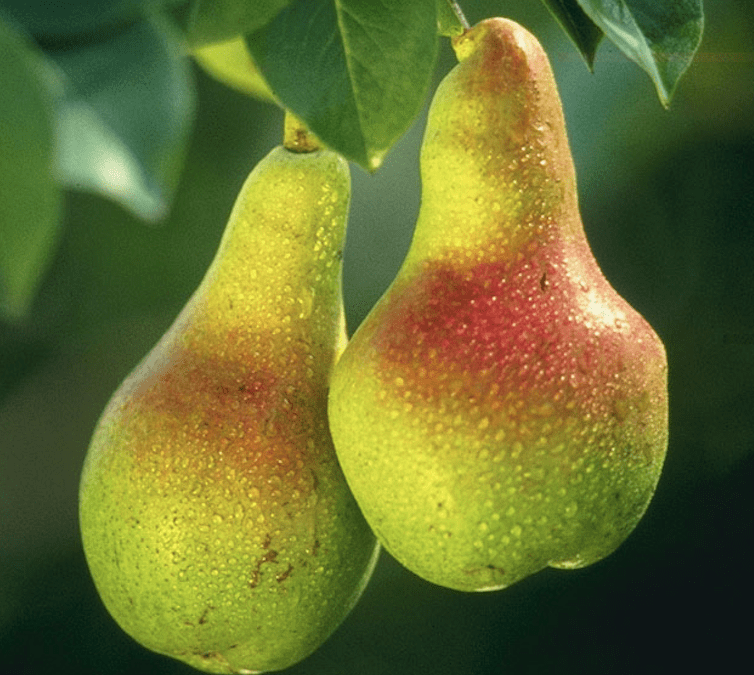
Researchers from the Boyce Thompson Institute (BTI) and partnering institutions in China, the U.S., and New Zealand, report their findings on the domestication of the pear in Genome Biology.
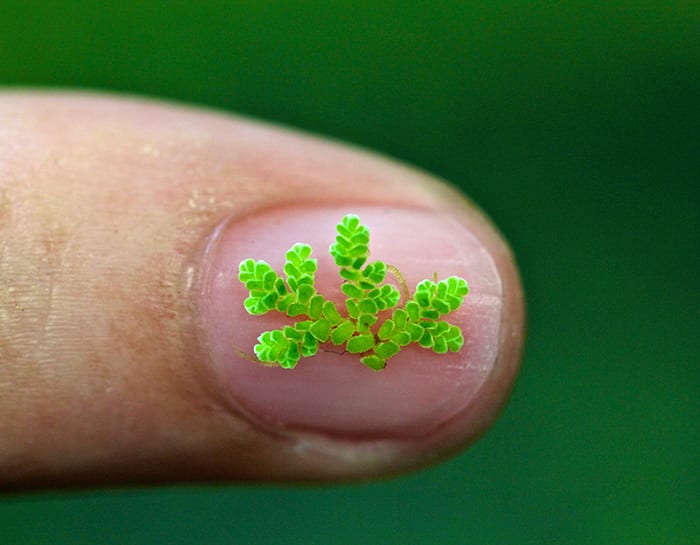
With crowdfunded support, researchers have sequenced the first two fern genomes ever. Their results, including the discovery of an ancient gene transfer and novel symbiosis mechanisms, appear this month in Nature Plants.

Mary George Opperman, President and Chief Human Resources Officer for Cornell University, has officially joined the Boyce Thompson Institute’s (BTI’s) Board of Directors.
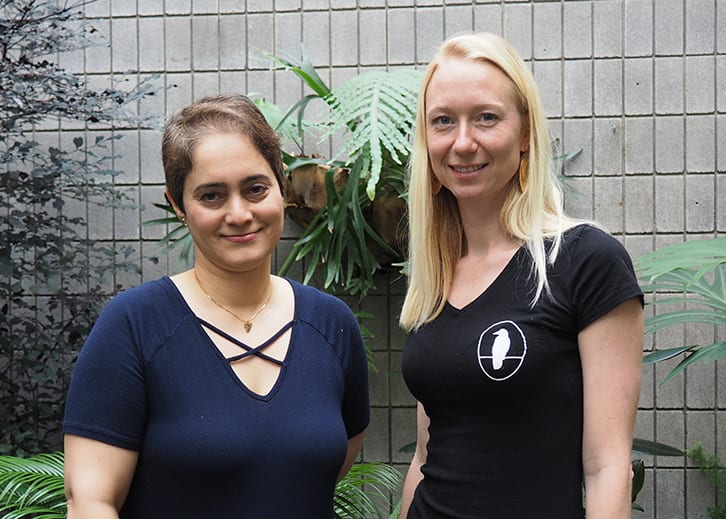
Two researchers from the Boyce Thompson Institute earned 1st place honors at the 2018 Northeast ASPB Section annual meeting. The meeting was hosted by the University of Massachusetts, Amherst, and the theme was Translational Research for Improving Crop Productivity.

Boyce Thompson Institute (BTI) professor Jim Giovannoni has been appointed as the Director of the USDA-ARS Robert W. Holley Center for Agriculture and Health (RHCAH), effective April 15, 2018.

Paul Debbie, Director of Technology Transfer and Licensing at the Boyce Thompson Institute (BTI), has been named BTI’s new Director of Research. Debbie officially began his position in January 2018.
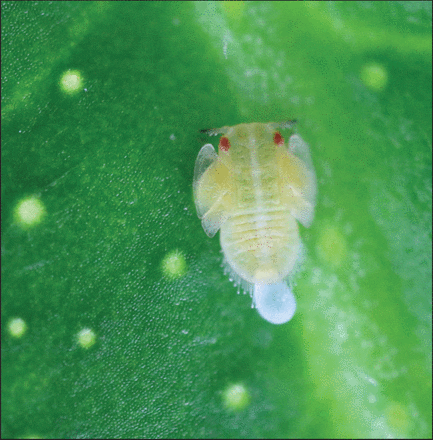
New clues to how the bacteria associated with citrus greening infect the only insect that carries them could lead to a way to block the microbes’ spread from tree to tree, according to a study in Infection and Immunity by scientists at Boyce Thompson Institute (BTI) and the Agricultural Research Service (ARS).
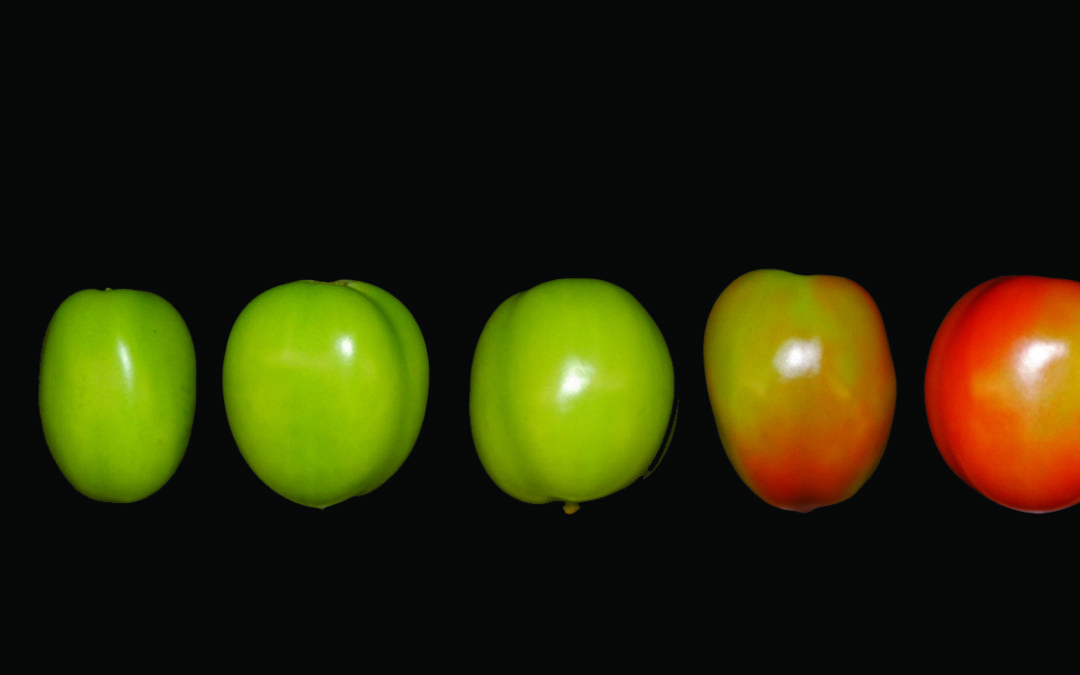
Researchers at BTI, Cornell and USDA published a spatiotemporal map of gene expression across all tissues and developmental stages of the tomato fruit – the genetic information underlying how a fruit changes from inside to out as it ripens. Their data is available in the new Tomato Expression Atlas (TEA).

For some, pumpkins conjure carved Halloween decorations, but for many people around the world, these gourds provide nutrition. Scientists at Boyce Thompson Institute (BTI) and the National Engineering Research Center for Vegetables in Beijing have sequenced the genomes of two important pumpkin species, Cucurbita maxima and Cucurbita moschata.
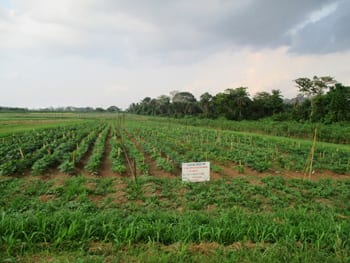
During June and July at BTI, visiting scholars from crop breeding programs in Nigeria, Nairobi, and Uganda have been working closely with researchers in Lukas Mueller’s group to discuss ways to improve the development of online resources related to two of Africa’s most important staple crops: cassava and banana.
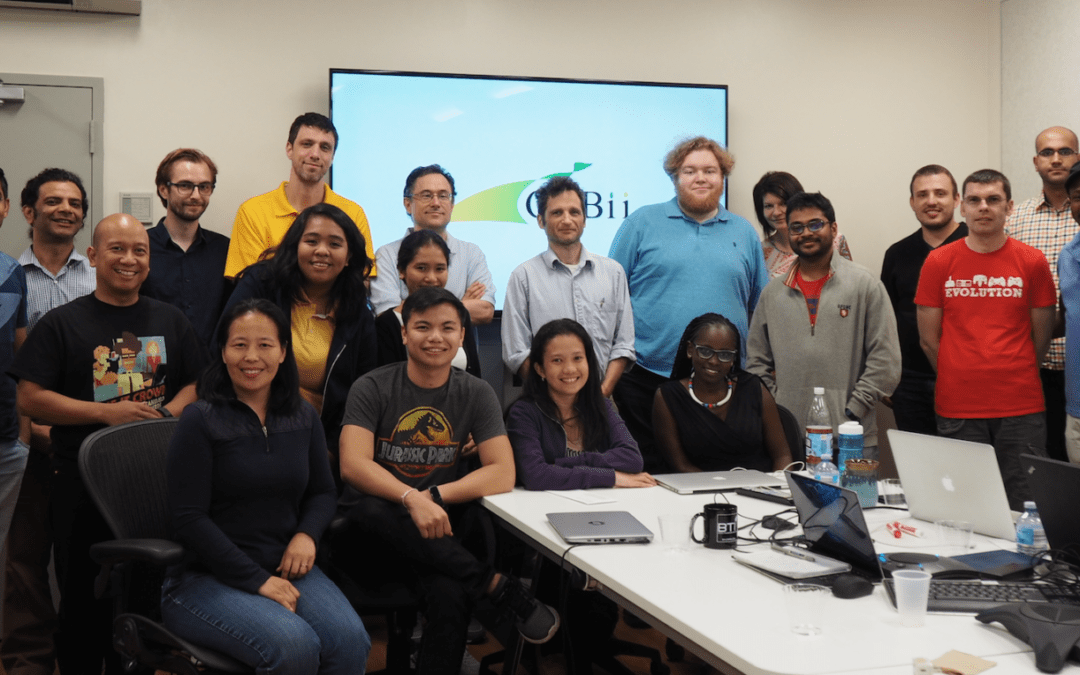
The GOBII project’s annual hackathon united 25 software developers, bioinformaticians, computational biologists, and application specialists on a week-long mission.

BTI’s Georg Jander is leading one of eight research groups selected to receive awards through the Enabling Discovery through Genomic Tools (EDGE) program, overseen by the National Science Foundation’s (NSF’s) Biological Science Directorate.
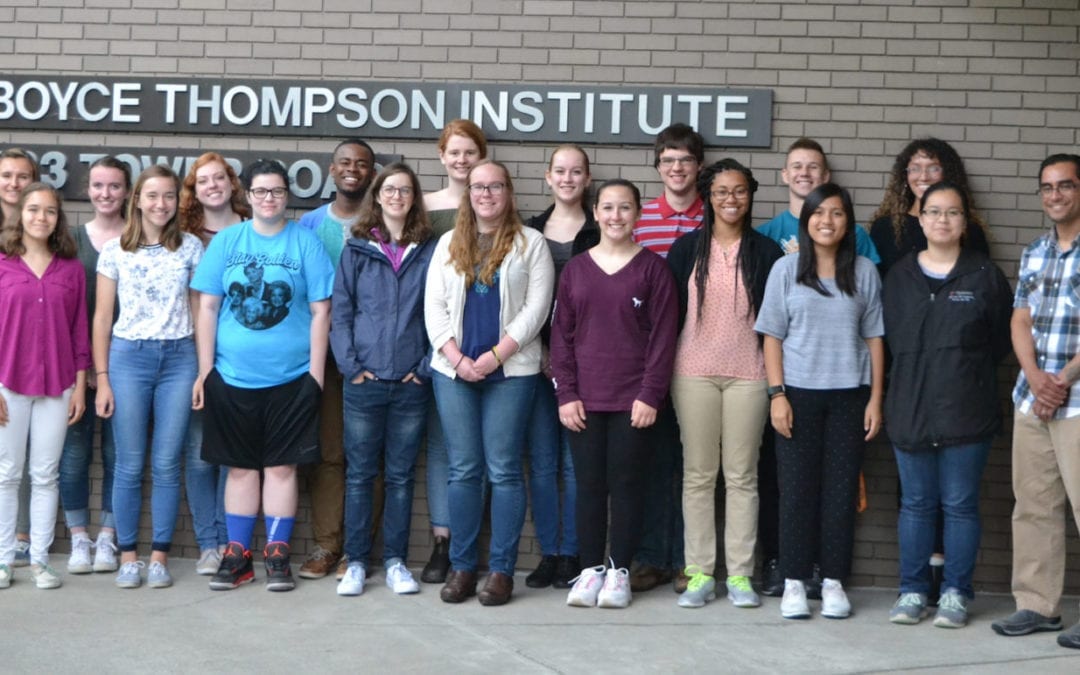
Motivated, curious, and eager to discover, BTI’s 2017 Plant Genome Research Program (PGRP) interns are ready to dive into a 2+ month transformative experience that will prepare them for their future career.
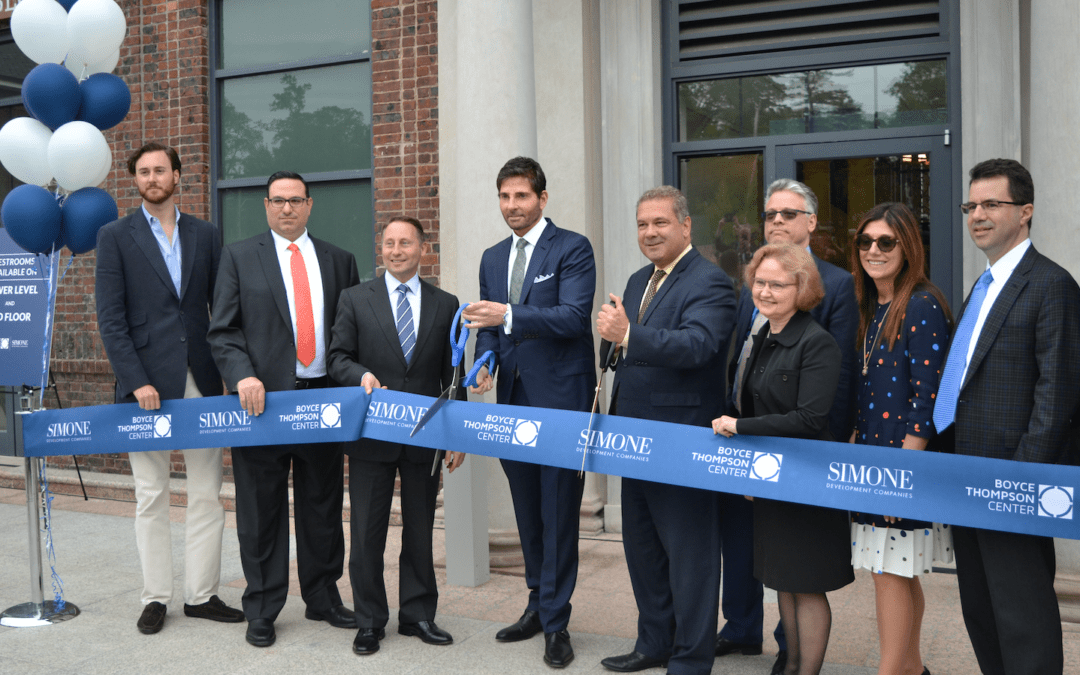
After the Boyce Thompson Institute relocated to Ithaca, NY in 1978, its original building and grounds in Yonkers, NY laid vacant for more than 40 years. A remnant of its original purpose, the building was left devoid of its most basic vestige: life. That all changed on May 23rd, 2017, with the ribbon-cutting ceremony and official opening of the new Boyce Thompson Center.
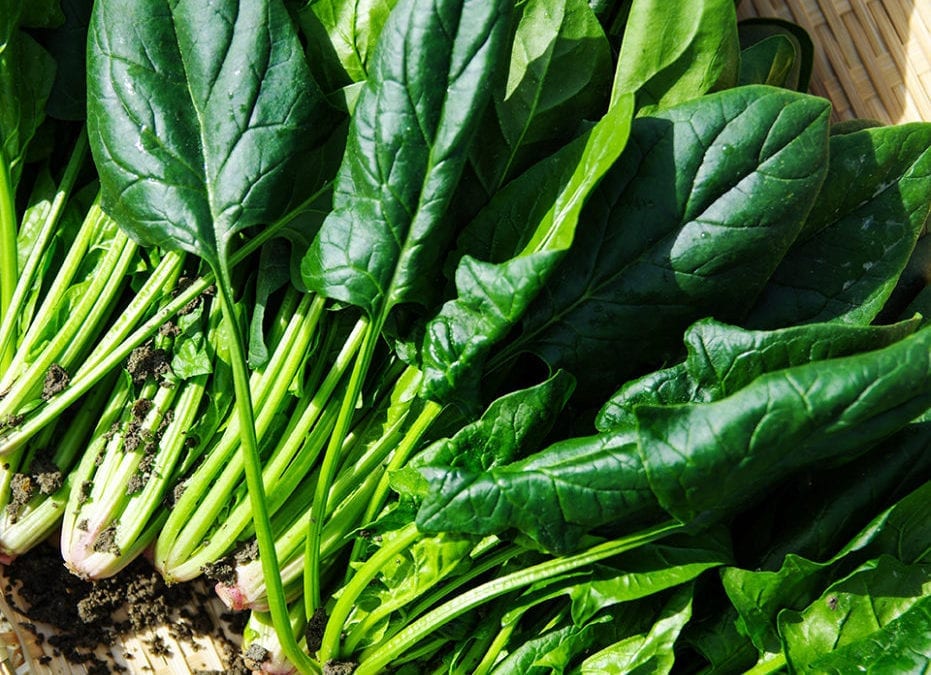
Today in Nature Communications, researchers from BTI and the Shanghai Normal University report a new draft genome of Spinacia oleracea, better known as spinach. Additionally, the authors have sequenced the transcriptomes (all the RNA) of 120 cultivated and wild spinach plants, which has allowed them to identify which genetic changes have occurred due to domestication.
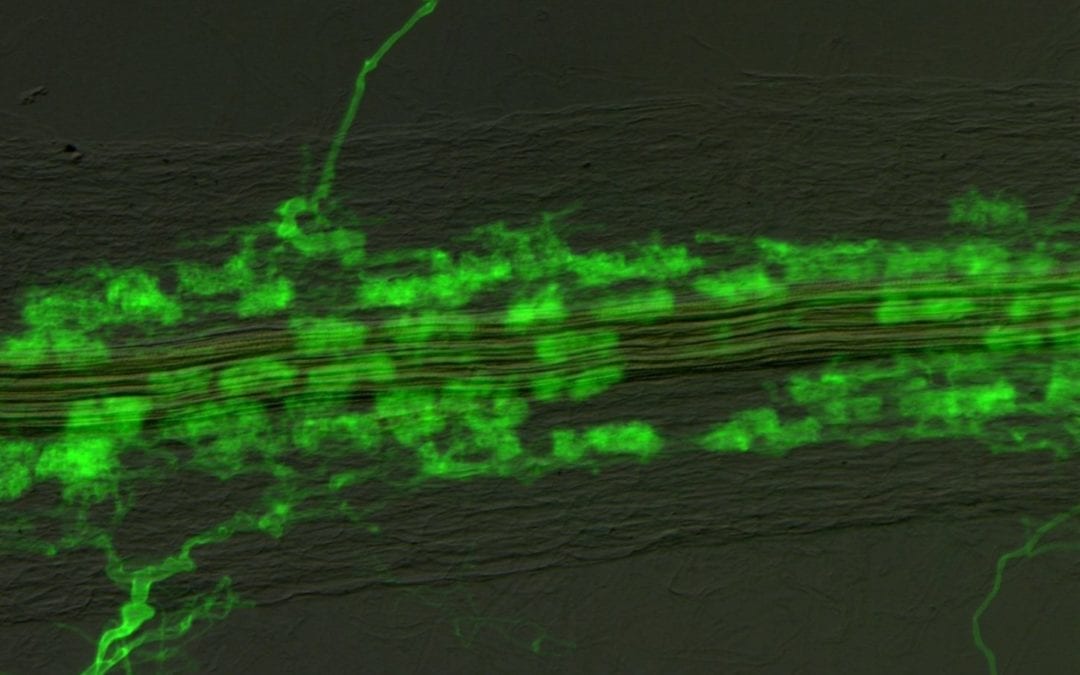
Researchers from the Harrison lab at BTI have identified a transcriptional program that drives arbuscule degeneration during AM symbiosis. This regulation of arbuscule lifespan has likely contributed to the 400MY stability of the symbiosis by preventing the persistence of fungal cheaters.
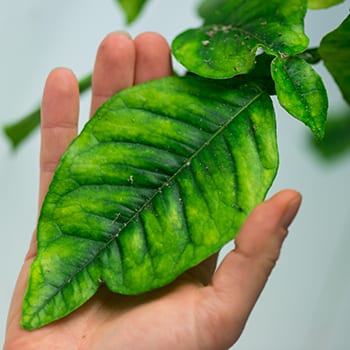
New research finds that the Asian citrus psyllid responds to the citrus greening bacterium by producing an oxygen-transporting protein called hemocyanin. The protein not only turns them blue, but suggests that they are trying to fight off the infection.

Michelle Cilia has been selected to receive a Presidential Early Career Award for Scientists and Engineers (PECASE), which recognizes outstanding, government-funded scientists who show great potential for becoming leaders in their field and for expanding the frontiers of scientific knowledge.

The genome will serve as a resource for jujube breeders working on improved cultivars, as well as for researchers working on other fruit trees, such as apples.
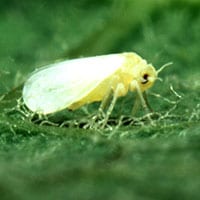
Researchers in the Fei lab have sequenced the genome of the whitefly, an invasive insect responsible for spreading plant viruses worldwide, causing billions of dollars in crop losses each year.

Cultivating a disregard for day length enabled humans to introduce tomatoes to the Mediterranean region.
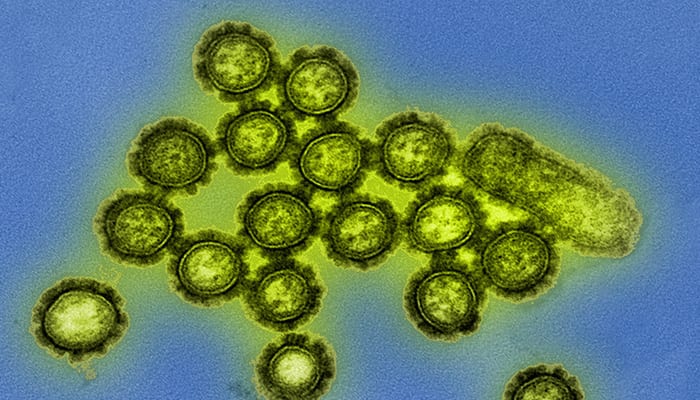
The Fei lab releases VirusDetect, an automated bioinformatics pipeline that efficiently detects viruses and viroids from large-scale, small RNA datasets.
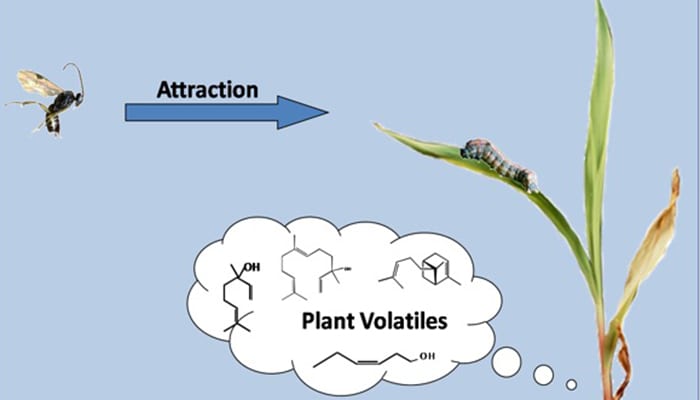
Insect damage triggers volatile compounds that attract caterpillar-killing wasps.
Drawing on her background in plant pathology and biotechnology, Heard advises agricultural startups, with the goal of launching companies that will bring new innovations to agriculture.

Summer interns complete their research experience by presenting talks and posters to the BTI community.

Student interns cap off their summer experience with research presentations.

The former President and CEO of the Boyce Thompson Institute and pioneer of nitrogen fixation research passed away August 2 at the age of 82.

When C. elegans larvae face starvation, they clump together in a mass of worms, which increases their lifespan. BTI researchers will explore this fascinating social behavior.

Get to know the new crop of interns at BTI.

Bolus was a 2011 intern in the Klessig Lab, which confirmed his research interests in molecular plant-microbe interactions. He is now pursuing a Ph.D. in plant pathology at UC Davis.

Meyer has significant experience working within the non-profit and scientific communities and has strong ties to the Ithaca Area.

The distinguished scientist left an incredible legacy of plant and insect discoveries and he will be missed by his many friends and colleagues.

Yu was a two-time intern in the PGRP, which confirmed her love of botany. She is now a research assistant at the Arnold Arboretum at Harvard University and has plans to attend graduate school.

Beacham returned to Ithaca this year to start her Ph.D. in Biochemistry, Molecular and Cell Biology at Cornell University,

Jim Giovannoni, BTI professor, USDA-ARS research molecular biologist and Cornell University adjunct professor, is recognized by the National Academy of Sciences for his significant contributions to plant science.

Craig is finishing up his B.S. in biological engineering and has plans to pursue a Ph.D. and conduct translational research.

The transformation of the former Boyce Thompson Institute (BTI) building at 1086 N. Broadway in Yonkers, NY is well under way.

Murphy will complete her bachelor’s degree in biochemistry in May 2016 and will start her Ph.D. in microbiology at Cornell University in the fall.
An important part of BTI’s mission is to advance scientific knowledge to protect the environment. Here are a few of the current projects at BTI that work to achieve that mission.

The Spring 2016 issue of the Parkinson’s Disease Foundation newsletter featured recent work by Dan Klessig. The newsletter highlighted his recent PLOS ONE paper on salicylic acid and human GAPDH.

Ather is working towards his undergraduate degree in both physics and philosophy, with plans to pursue higher degrees in philosophy and computational neuroscience.

McNally has finished her masters degree in plant science and is now pursuing her Ph.D. in plant-pathogen interactions at the University of Zurich.
A partnership with Tompkins Cortland Community College allows BTI to offer an evening biology class and gives grad students and postdocs an opportunity to teach their own class.

Zambrana-Echevarria is about to defend her masters degree at the University of Puerto Rico, Mayagüez, on genetic diversity in papaya ringspot virus on the island, and deciding between Ph.D. programs at U.S. universities.

Currently, Gipson is pursuing his Ph.D. in Molecular Biology and Genetics at Cornell University with aspirations to introduce new generations of college students to research at a liberal arts college.

Groom is currently working on a Ph.D. in genetics at the University of Georgia and plans to pursue a career in a national laboratory.

Visitors to the soon-to-be reopened Boyce Thompson Center in Yonkers, New York, will receive a dose of BTI history.

Tompkins County has awarded Gomes Selman, a 2015 high school intern at BTI, its Distinguished Youth award for his numerous academic and volunteer commitments.
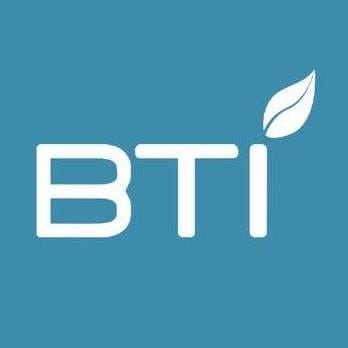
Boyce Thompson Institute is proud to announce that it is expanding its brand, while shortening its name.

Park honors his father’s legacy through his BTI board service and the Triad Foundation’s Plants and Human Health grant program.


































